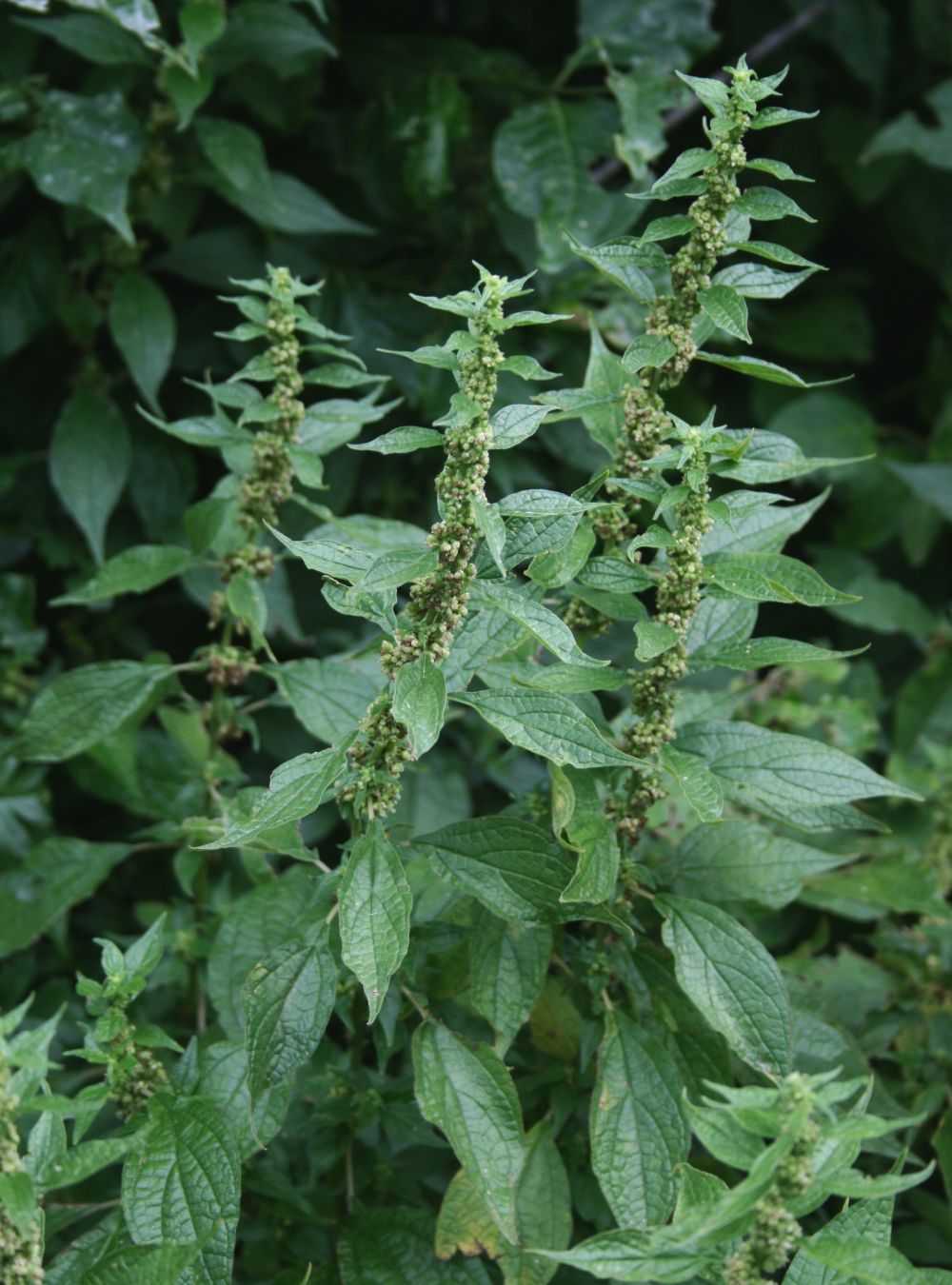The last month of summer is a difficult time for allergy sufferers. Mites are once again protagonists of allergic disorders as well as some very common plants in our areas. One of these is the parietaria, a plant similar to nettle whose pollen, it is estimated, causes about 30% of the typical allergies of the period. But don’t worry. Here’s how to defend yourself from this dreaded and very common late summer allergy. Before continuing, a premise is mandatory. We will talk about natural remedies. For the most severe and long-lasting cases it is always better to consult a specialist. He will be the one to recommend the right drug therapy or a possible vaccine.
Here’s how to defend yourself from this dreaded and very common late summer allergy
The parietaria has a very long pollination period that begins in spring and ends in October. But it is precisely at the end of the summer that it causes the greatest problems. The symptoms of this common allergy are the classic rhinitis, difficulty in breathing and headache from nasal congestion. In the most serious cases, episodes of bronchial asthma can also occur.
Unfortunately, the parietaria is present in all areas of the country and is a spontaneous plant. It grows in fields, on roadsides and on the walls of houses. And it produces a significant amount of pollen. All aspects that make the prevention of allergic episodes very complicated.
Fortunately, we have some natural remedies available to counter the worst effects of this annoying allergy.
Natural remedies and foods to avoid for those allergic to parietaria
The first tip is to reduce the exposure to the parietaria as much as possible. We avoid nature walks on windy days or after a downpour. We will minimize the risks of breathing pollen.
We can also do a lot with diet. It often happens that those who are more prone to pollen allergies suffer from some intolerance to plant foods. Let’s try to remove from the diet in this period vegetables such as carrots and celery and fruits such as watermelon and peaches. They are all products that have proteins similar to those of the parietaria and risk worsening the symptoms of allergy.
Among the natural remedies, however, we can use black currant and licorice. The former is an excellent natural antihistamine and has analgesic and anti-inflammatory properties. The second is a powerful immunomodulator and is very useful for regulating the levels of histamine released. If we try with licorice, however, we must be careful. It can interact with some types of drugs, altering their effects.
Before trying these remedies we should still consult an allergist. It will help us to get a complete picture of the situation and will be able to advise us on the best integration between drugs and natural products.
